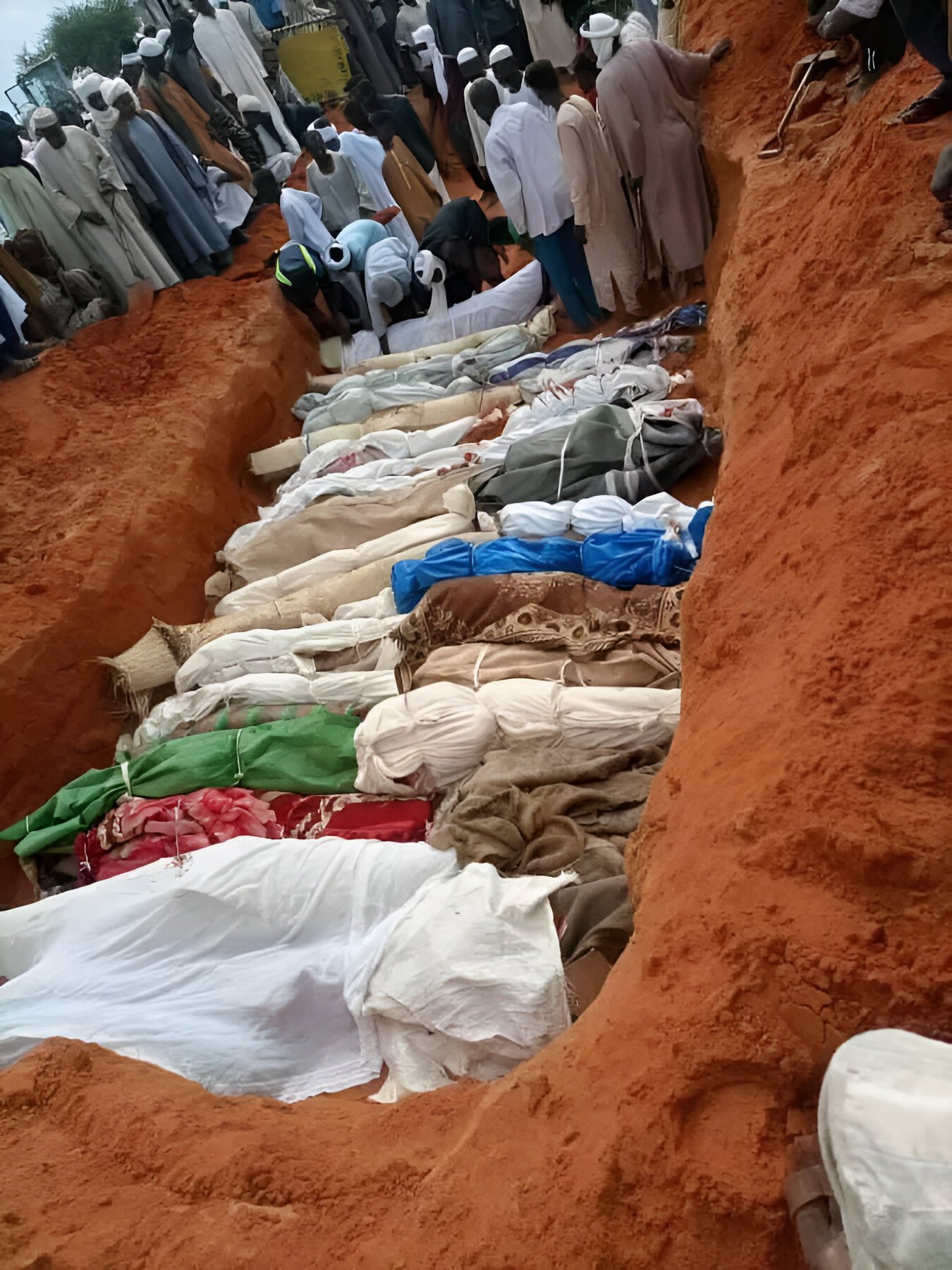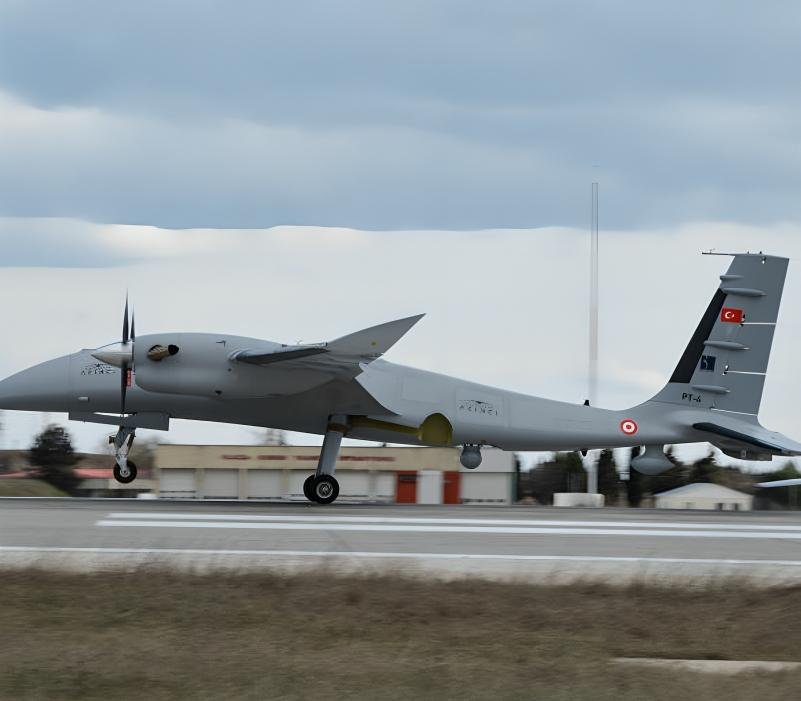Political Analysis: STP
Introduction:
Since the outbreak of war between the Sudanese Army and the Rapid Support Forces (RSF) on April 15, 2023, Sudan has been engulfed in a series of tragic events directly impacting civilians, particularly in Darfur and Kordofan. Among the most egregious violations has been the army’s aerial bombardment of civilian areas, justified under the pretext that these areas are “social bases” for the RSF. This strategy has not only inflicted devastating civilian casualties but also deepened the humanitarian crisis, exacerbated ethnic tensions, and pushed the conflict towards a dangerous trajectory of comprehensive ethnic warfare.
Aerial Bombing Strategy:
The aerial bombardment conducted by the army does not appear to be random. Instead, it seems to follow a calculated military strategy targeting areas perceived as strongholds or “social support bases” for the RSF. However, such a rationale raises significant ethical and legal concerns, as these airstrikes often target densely populated civilian areas, including residential neighborhoods, markets, hospitals, and essential infrastructure. These attacks, far from weakening the RSF, have escalated the humanitarian crisis, leaving destruction and suffering in their wake.
Impact on Social Peace:
The strategy of targeting so-called “social bases” has had catastrophic consequences for social cohesion in Sudan. Civilians have been targeted based on their ethnicity, regional affiliations, or geographic location, fueling resentment, fear, and hatred. This divisive policy has heightened ethnic tensions, with social media platforms amplifying hate speech and calls for violence against specific groups. Such dynamics have fractured Sudanese society further, undermining any prospects for reconciliation.
History Repeats Itself:
This pattern of targeting civilians is not unprecedented in Sudan. Similar methods were used by the Sudanese Army during previous conflicts in Darfur and the Nuba Mountains. However, the current scale and intensity of attacks are unparalleled. Weekly markets and civilian gatherings have been deliberately targeted, with devastating airstrikes reported in cities such as Kuma in North Darfur and Hamra Al-Sheikh* in North Kordofan. These deliberate attacks aim to maximize civilian casualties, regardless of residents’ affiliations or political stances.
Bombing and Ethnic Tensions:
The escalation of aerial bombings has heightened ethnic tensions across Darfur and Kordofan. Communities increasingly perceive these attacks as ethnically or geographically motivated, deepening divisions and fostering cycles of resentment and revenge. This dangerous trajectory threatens to transform the ongoing military conflict into a full-scale ethnic war, further complicating Sudan’s political landscape and hindering future peace efforts.
The Army’s Strategic Misstep:
From a military perspective, the army’s reliance on aerial bombardment appears to be a response to its inability to achieve significant ground victories against the RSF in these regions. However, this approach has backfired. Rather than weakening the RSF, the bombings have galvanized local resistance and driven many young men to join RSF ranks out of a desire for revenge. RSF leader Hemetti’s call for a million fighters has been met with increased recruitment from affected areas, while some youth have opted to form new armed groups, further destabilizing the region and prolonging the conflict.
Violations of International Law:
The aerial bombardment of civilians constitutes a blatant violation of international humanitarian law, which strictly prohibits the targeting of civilians during armed conflicts. International human rights organizations have condemned these attacks, urging an immediate halt to the targeting of civilian areas. Despite these calls, the warring parties in Sudan continue their assaults, worsening the humanitarian crisis and deepening the tragedy.
Conclusion:
As the army’s aerial bombardment of civilian areas in Darfur and Kordofan persists, the chances for a peaceful resolution to Sudan’s crisis grow increasingly slim. Targeting civilians, particularly under the pretext of destroying RSF “social bases,” only deepens ethnic and social divisions and risks plunging the country into a prolonged and devastating ethnic war. To achieve lasting peace, all parties to the conflict must abandon strategies that target innocent civilians and commit to comprehensive political solutions that restore trust and rebuild social harmony in Sudan.




